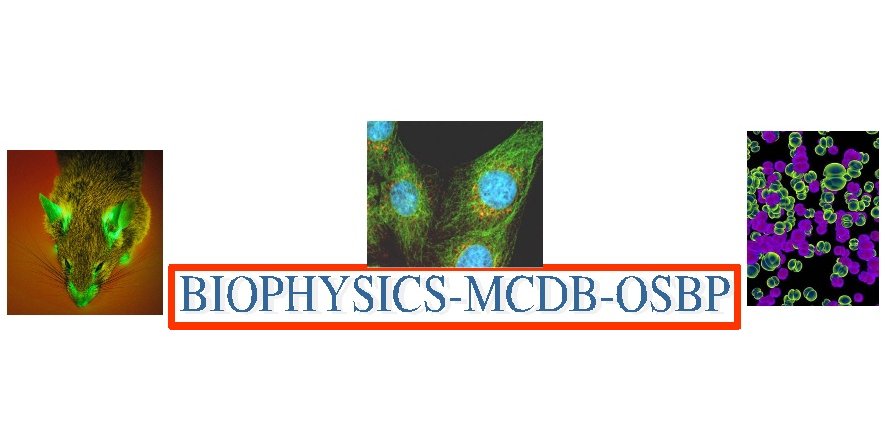Interdisciplinary Graduate Programs Symposium

2011 OSU Molecular Life Sciences
Interdisciplinary Graduate Programs Symposium

Poster abstracts
Abstract:
Mechanisms of human Vγ2Vδ2 T cell-mediated tumor immunity have yet to be fully elucidated. At least some tumor cell recognition is mediated by NKG2D-MICA interactions. Herein, we show that these Vγ2Vδ T cells can limit the proliferation of ovarian tumor cells by down regulation of apoptosis and cell cycle related molecules in tumor cells. Cell-to-cell contact is critical. γδ T cell-resistant, but not susceptible ovarian tumor cells escape γδ T cell-mediated immune recognition by up-regulating pErk1/2, thereby decreasing surface MICA levels. Erk1/2 inhibitor pretreatment or incubation prevents this MICA decrease, while up-regulating key cell cycle related molecules such as CDK2, CDK4 and Cyclin D1, as well as apoptosis related molecules making resistant tumor cells now vulnerable to γδ T cell-mediated lysis. These findings demonstrate novel effects of γδ T cells on ovarian tumor cells.
Keywords: Ovarian Tumor, T Cell, Cell Cycle arrest